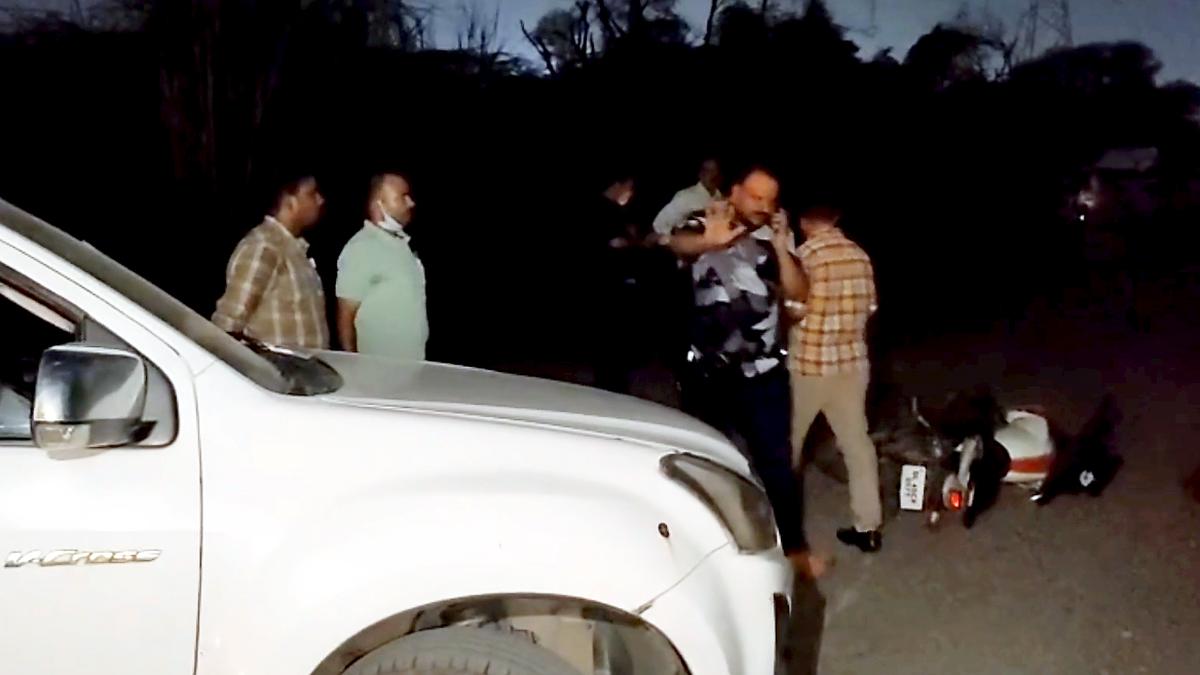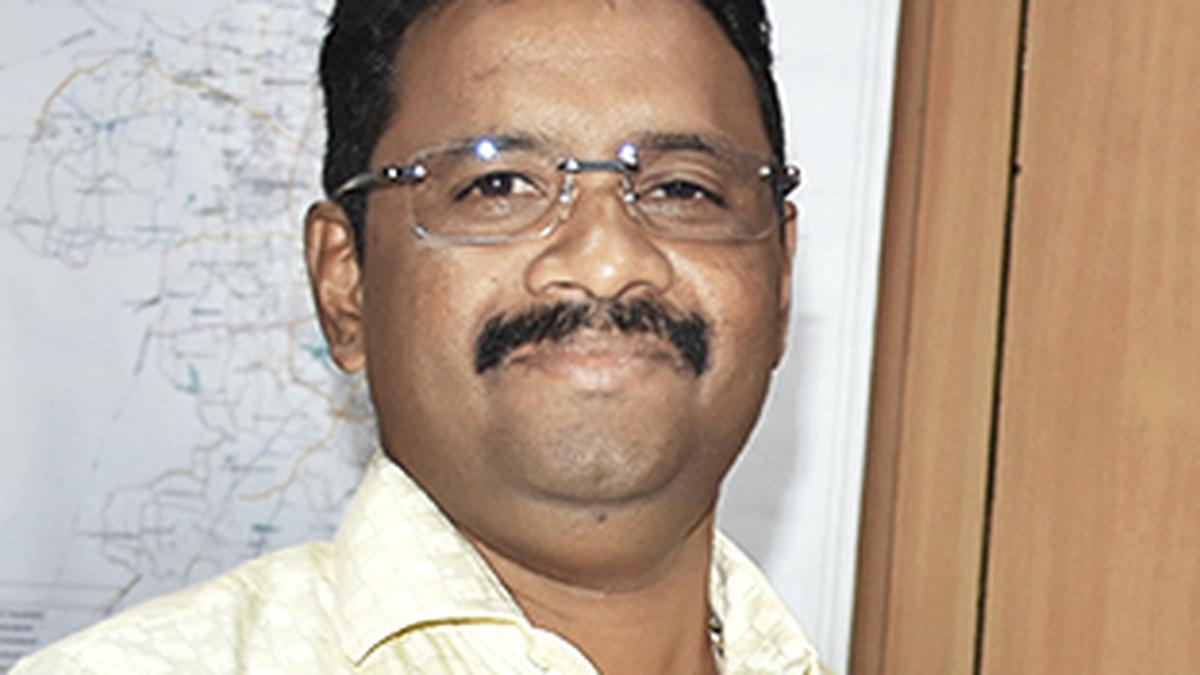More than five years after the Development and Welfare Board for Denotified, Nomadic, and Semi-Nomadic Communities (DWBDNC) was first set up, its two existing members have written to Prime Minister Narendra Modi, seeking more members, staff, financial powers, statutory backing, and permanent Commission status.

Without such measures, they warned, the Board is unable to address the communities’ grievances effectively, and has “hindered sustained progress”.
The letter — signed by DWBDNC members Bharatbhai Patni and Pravin Ghuge, both BJP leaders — was sent to the Prime Minister’s Office (PMO) in April this year, but is yet to get any response, sources told The Hindu.
‘Recognise full list’
In December 2017, the Idate Commission had compiled a list of about 1,200 denotified (DNT), nomadic (NT), and semi-nomadic (SNT) tribal communities, all of which are already part of Scheduled Caste (SC), Scheduled Tribe (ST), or other backward class (OBC) lists, and another 269 communities which have not yet been classified as SC, ST, or OBC. The Anthropological Survey of India then studied these communities and recommended their categorisation, but the Social Justice Ministry is yet to act on these recommendations.
In their letter, Mr. Patni and Mr. Ghuge “strongly urge” the Union government to recognise the entire list legally as SC/DNT, ST/DNT, OBC/DNT, or General/DNT through Gazette notifications.
Funding and research
They also called for dedicated Budget allocations at the Central and State levels for these communities, nationwide directives to standardise community certificates, which are currently issued by just seven States, and recommended modifications to the Scheme for Economic Empowerment of DNTs (SEED), administered by the Social Justice Ministry.

“Even after 3 years, we could not implement it [SEED] on a wider scale,” the members said. They asked the PM to direct improvements to the scheme, including financial assistance to buy land for housing, NOCs for people who have lived for over 20 years in kutcha homes on land they do not own, and educational benefits for denotified, nomadic and semi-nomadic groups at par with what is available for Scheduled Caste and Scheduled Tribe students.
Seeking to “prioritise concrete actions” to implement the Idate Commission’s recommendations, the members said, “There is a serious lack of reliable, region-specific, and comprehensive data on NTDNT communities. This makes evidence-based policy formulation a challenge.” They recommended research and capacity building centres for these communities in every State and Union Territory.
Understaffed
The DWBDNC was constituted in February 2019, in the run-up to the Lok Sabha election, with the NDA government saying that it was “committed to reach the most deprived citizens”. Though the Idate Commission had called for a permanent Commission for DNTs, the government said that would result in a jurisdictional overlap, as many of these communities already fall under either SC, ST, or OBC categories. Instead, it set up the DWBDNC under the aegis of the Social Justice Ministry.
A little over five years later, the Board only has two nominated members, with three more yet to be appointed. It has no chairman or financial adviser, and limited financial authority, the two members told the PM. They added that Deputy Secretaries and Undersecretaries need to be appointed, and that “inadequate office space limits its functionality”.
According to the Board’s official website, however, Social Justice Secretary Amit Yadav currently holds the post of chairman. The Board is also served by Chief Executive Officer V. Appa Rao, one Additional Secretary of the Social Justice Ministry, and one Deputy Secretary. It is also supposed to have one representative each from the Tribal Affairs Ministry and the Department of School Education, as well as five nominated members working in this domain.
Noting that the DWBDNC notification said members would have a rank equivalent to Joint Secretary, Mr. Patni and Mr. Ghuge asked for their payscales to also be aligned, to “resolve administrative hurdles, such as obtaining ID cards, and ensure parity in their official capacity”.



.png)
.png)
.png)
















 2 hours ago
3
2 hours ago
3








 English (US) ·
English (US) ·